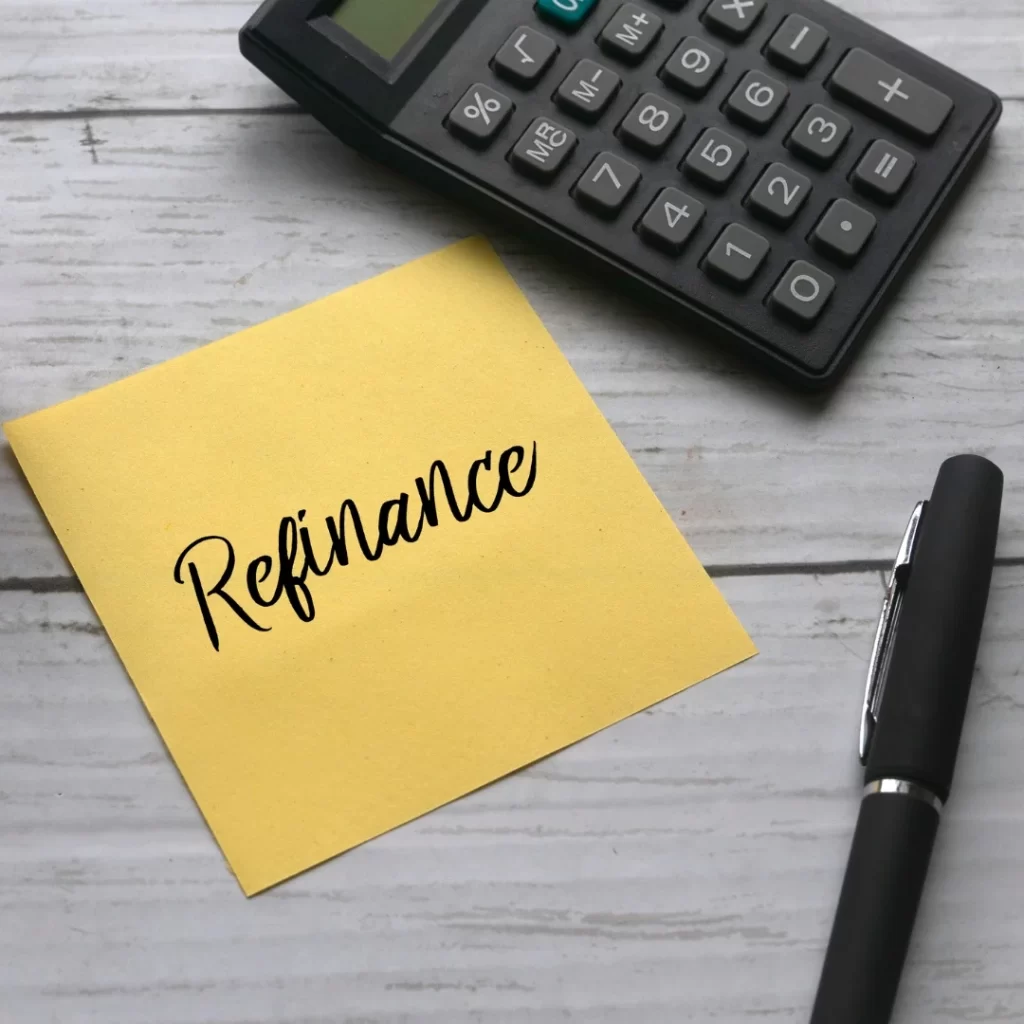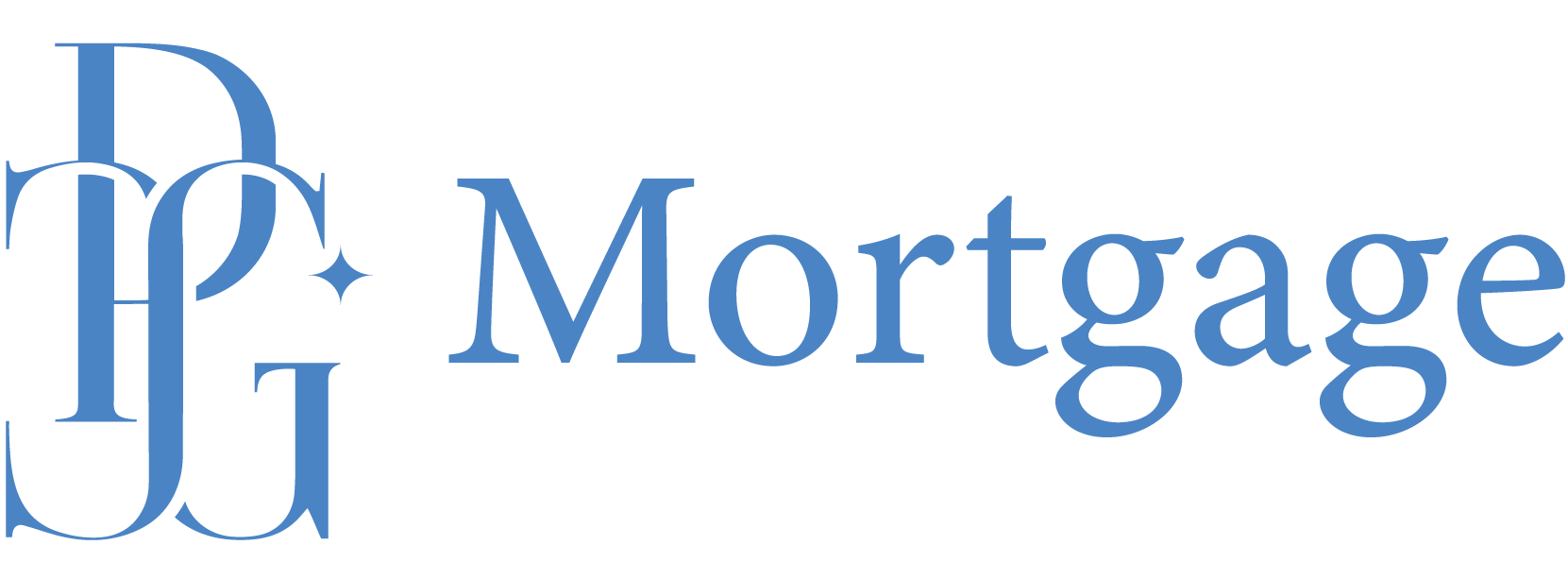
What is a Cash Out Refinance?
Cash out refinancing is a type of mortgage refinancing where homeowners can borrow additional money against the equity in their homes. This means taking out a new mortgage that’s larger than the existing one and receiving the difference in cash. It’s a way to tap into the value of your home for various financial needs, such as home improvements, debt consolidation, or other expenses.
Cash out refinancing is backed by lenders and regulated by financial institutions to ensure borrowers can meet their obligations. Unlike traditional refinancing, which aims to lower monthly payments or shorten the loan term, cash out refinancing allows homeowners to access a portion of the equity they’ve built up in their homes.
How does a Cash Out Refinance Work?
Cash out refinancing involves replacing your current mortgage with a new one that has a higher loan amount. The difference between the new loan amount and what you currently owe on your mortgage is given to you in cash. For example, if your home is valued at $200,000 and you owe $150,000 on your mortgage, you may be eligible to refinance for a new loan of $180,000, giving you $30,000 in cash. This additional cash can be used for various purposes, such as home renovations, paying off high-interest debts, or covering unexpected expenses. However, it's essential to consider the implications of increasing your mortgage debt and ensure that you can afford the new loan payments.
Documents Needed for a Cash Out Refinance
To qualify for cash out refinancing, you’ll need to provide documentation similar to what’s required for traditional mortgage applications. This includes:
- Employment verification, such as pay stubs or income tax returns.
- Documentation of assets, including bank statements and investment accounts.
- Credit history, including recent bills and statements, landlord information, and bankruptcy discharge papers if applicable.
- Personal identification documents, such as a driver’s license and social security card.
- Property-related documents, such as property tax bills, homeowners insurance policies, and rental agreements for multi-unit properties.

